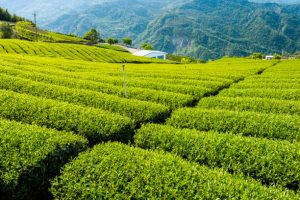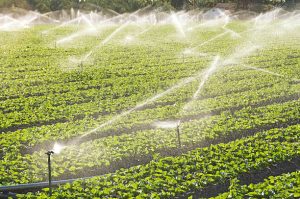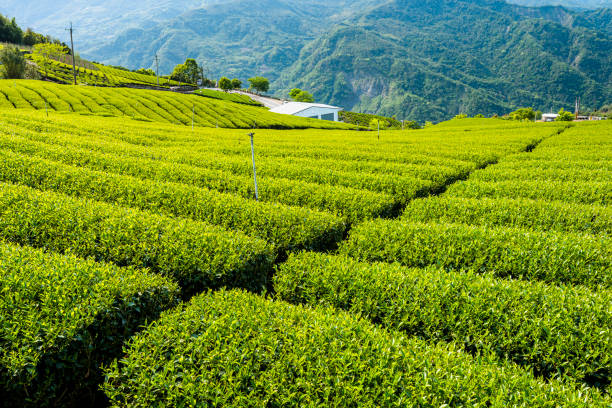 Sustainable agriculture practices are vital for ensuring food security, preserving natural resources, and promoting environmental conservation in Kenya. In recent years, the country has witnessed a surge in farming innovations aimed at enhancing productivity while minimizing negative environmental impacts.
Sustainable agriculture practices are vital for ensuring food security, preserving natural resources, and promoting environmental conservation in Kenya. In recent years, the country has witnessed a surge in farming innovations aimed at enhancing productivity while minimizing negative environmental impacts.
Sustainable Agriculture Practices in Kenya
 1. Agroecological Approaches: Kenya is witnessing a surge in agroecological approaches that emphasize the integration of ecological principles into agricultural systems. Practices such as organic farming, crop rotation, and agroforestry promote biodiversity, enhance soil fertility, and reduce reliance on synthetic inputs. These approaches contribute to resilient and sustainable farming systems that benefit both the environment and farmers.
1. Agroecological Approaches: Kenya is witnessing a surge in agroecological approaches that emphasize the integration of ecological principles into agricultural systems. Practices such as organic farming, crop rotation, and agroforestry promote biodiversity, enhance soil fertility, and reduce reliance on synthetic inputs. These approaches contribute to resilient and sustainable farming systems that benefit both the environment and farmers.
2. Precision Farming Technologies: Innovative technologies are revolutionizing farming in Kenya, with precision farming techniques gaining prominence. Satellite imaging, sensor-based monitoring, and data analytics enable farmers to make informed decisions regarding crop management, irrigation, and resource optimization. These technologies enhance efficiency, reduce resource wastage, and promote sustainable use of land and water resources.
3. Conservation Agriculture: Conservation agriculture practices, including minimal tillage, cover cropping, and crop residue management, are gaining traction in Kenya. These techniques promote soil health, reduce erosion, and enhance water retention, contributing to sustainable farming practices. Conservation agriculture not only improves yields but also mitigates the environmental impact of traditional farming methods.
 4. Water-Efficient Irrigation Systems: Water scarcity is a significant challenge in many regions of Kenya, prompting the adoption of water-efficient irrigation systems. Drip irrigation, rainwater harvesting, and precision irrigation technologies enable farmers to optimize water usage, ensuring crops receive adequate moisture while conserving this precious resource. These practices contribute to sustainable water management in agriculture.
4. Water-Efficient Irrigation Systems: Water scarcity is a significant challenge in many regions of Kenya, prompting the adoption of water-efficient irrigation systems. Drip irrigation, rainwater harvesting, and precision irrigation technologies enable farmers to optimize water usage, ensuring crops receive adequate moisture while conserving this precious resource. These practices contribute to sustainable water management in agriculture.
In conclusion, sustainable agriculture practices are at the forefront of Kenya’s efforts to address food security challenges, conserve natural resources, and build resilience to climate change. As the country continues to embrace sustainable agriculture, it moves closer to achieving its goals of environmental sustainability, food sovereignty, and rural prosperity.






